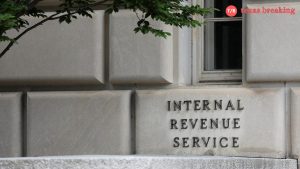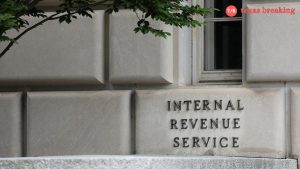As taxpayers gear up for the annual task of filing their taxes, the crucial decision of choosing a tax preparer looms large. Making this choice wisely is paramount because, ultimately, taxpayers bear the responsibility for all the information on their tax return, regardless of who assists them in its preparation.

There exists a variety of tax preparers, each catering to different needs, and a taxpayer’s unique requirements should guide them in selecting the most suitable preparer. To aid in this decision-making process, here are some essential tips for individuals seeking to engage the services of a tax professional.
1. Utilize the IRS Directory of Preparers:
While not exhaustive, the IRS Directory of Preparers is a valuable resource. It includes enrolled agents, CPAs, attorneys, and participants in the Annual Filing Season Program. Consulting this directory helps taxpayers identify qualified professionals with recognized credentials.
2. Scrutinize the Preparer’s History with the Better Business Bureau:
The Better Business Bureau (BBB) serves as a reliable platform to assess a tax preparer’s track record. By checking their history with the BBB, taxpayers can gain insights into the preparer’s reputation, ensuring a level of trust and reliability.
3. Inquire About Fees:
A transparent discussion about fees is essential. Taxpayers should exercise caution if a preparer bases fees on a percentage of the refund or proposes depositing the refund into their financial accounts. Clear communication on fees helps avoid misunderstandings and ensures a fair and reasonable arrangement.
4. Be Cautious of Exaggerated Refund Claims:
Steer clear of tax preparers who make lofty promises of securing larger refunds compared to others. Such claims often raise red flags and may indicate unethical or deceptive practices.
5. Confirm E-filing Procedures:
Inquire about the tax preparer’s approach to e-filing. Electronic filing is a secure and efficient method, and taxpayers should ensure their chosen preparer is well-versed in utilizing this technology for timely and accurate submissions.
6. Assess the Preparer’s Availability:
Consider the longevity of the individual or firm in question. It is prudent to choose a preparer who will be accessible for follow-up questions or clarifications even months or years after the tax return has been filed.
7. Verify Proper Identification:
Ensure that the tax preparer signs the return and includes their Preparer Tax Identification Number (PTIN). This identification is a prerequisite for paid tax return preparers, signifying their legitimacy and authorization to prepare tax returns.
8. Verify Credentials:
Check the credentials of the tax preparer. Only attorneys, CPAs, and enrolled agents possess the authority to represent taxpayers before the IRS. Additionally, those participating in the IRS Annual Filing Season Program have limited practice rights during audits of returns they prepared.
By following these comprehensive tips, taxpayers can navigate the process of selecting a tax preparer with confidence, ensuring a smooth and compliant tax-filing experience.




